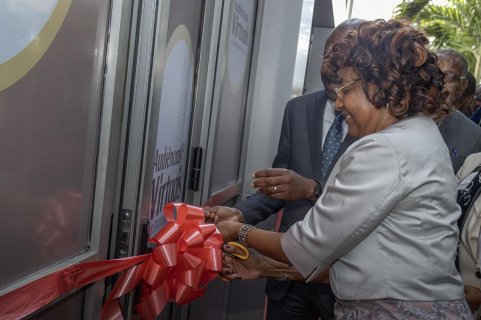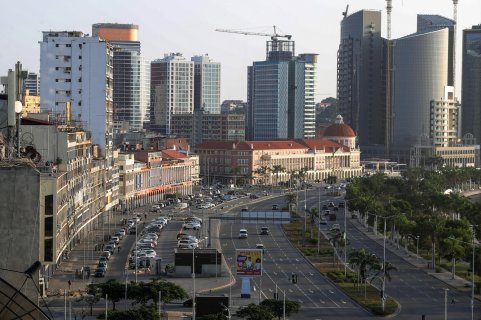According to a statement published on the regulator's website, the objective is to mitigate the accumulation of systemic risks.
The reserve - made up of core own funds from tier 1 to 4 percent - aims to offset the risk "that institutions of systemic importance represent for the financial system as a whole due to their size, importance to the Angolan economy, complexity and degree of interconnection with other institutions in the financial sector and, in the event of insolvency, the potential contagion of these institutions to the rest of the financial and non-financial system".
The reserve must consist of Tier 1 capital and is reviewed annually.
Tier 1 own funds are considered from a continuity perspective, allowing the bank to continue its activities and remain solvent, with its highest quality component being called "core Tier 1 own funds".
The BNA emphasizes that in certain situations, namely mergers or acquisitions and corporate restructuring, it may change a previous decision that has been taken, with the new decision being communicated to the institutions covered and to the market.
In this way, eight banks of domestic systemic importance were identified for the application of reserves in 2022, in varying percentages: Banco Angolano de Investimentos (BAI), 2 percent; Savings and Credit Bank (BPC), 1.50 percent; Banco de Fomento Angola (BFA), 1.50 percent; Banco Económico, 1.50 percent; Banco BIC, 1.50 percent; Banco Millennium Atlântico, 1.50 percent; Banco Sol, 1 percent and Standard Bank of Angola, 1 percent.
In another note published on its page, the BNA announces that it has launched a Supervisory Review and Evaluation Process (SREP), which consists of procedures to be carried out annually by the National Bank of Angola, to ensure that each banking financial institution has strategies, internal processes, as well as capital and liquidity adequate to the risks to which it is exposed.
The process includes an assessment of the SREP risks; quantification of Capital and Liquidity requirements; and SREP decision, Supervisory Measures and Recommendations (Letter SREP), with 17 institutions selected for the full SREP and 8 for the simplified SREP.
The BNA communicated the preliminary results of the SREP to the institutions, planning to determine the final results during the first quarter of 2022, which will be followed by the issuance of the SREP letter to the institutions, in which the recommendations will be transmitted.
The BNA also published a new directive (Directive no. with its customers and, therefore, allowing greater rigor to the process of calculating and disclosing average market exchange rates".
BNA imposes capital reserve on eight banks
The National Bank of Angola (BNA) will oblige eight financial institutions considered of “systemic importance” to set up a Tier 1 own funds reserve that varies between 1 and 2 percent of the total amount of risk positions.







